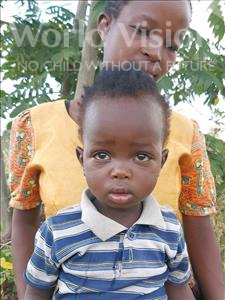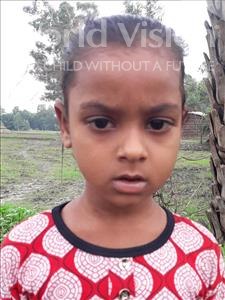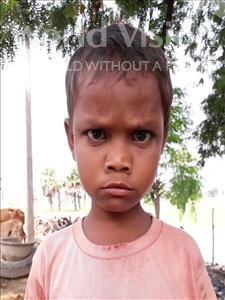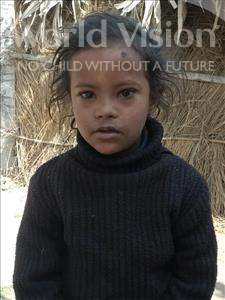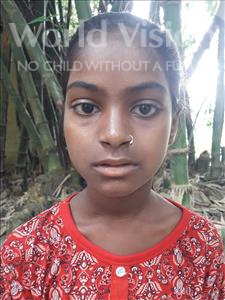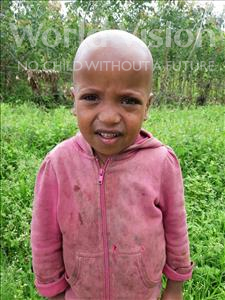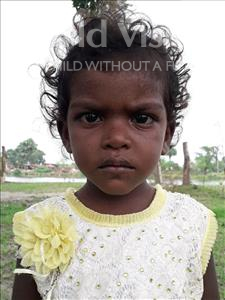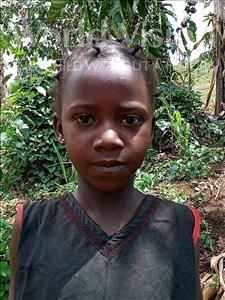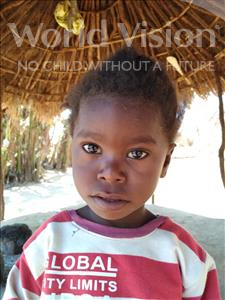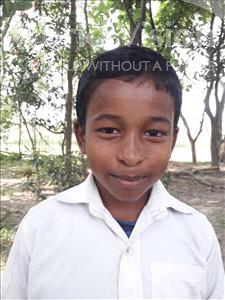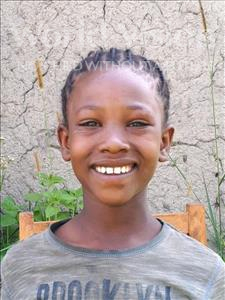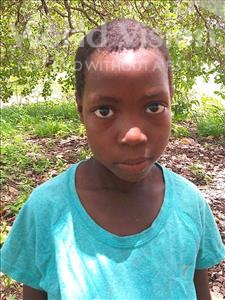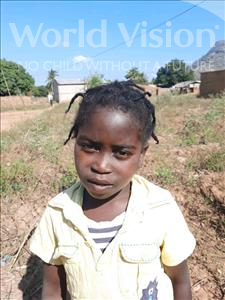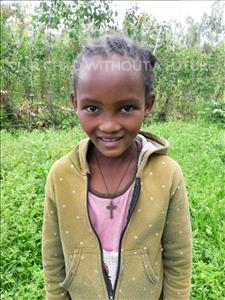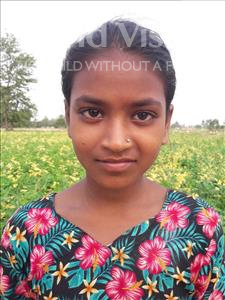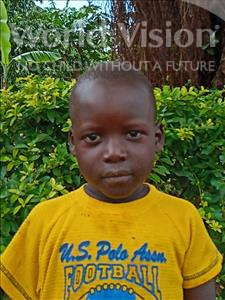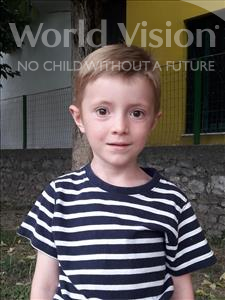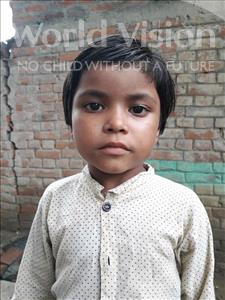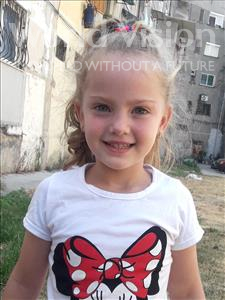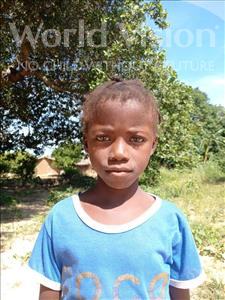Ending Child Marriage
A little bit about me and my connection with World Vision!
Hi there. My name is Fatou. I’m 17 and I’ve just received my A levels!! I live in a the western part of Senegal. My Mum is at home with my two sisters, one brother and myself and my Dad works in Dakar.
Thanks to one of my teachers in school, M. Senghor, I have been working with and supporting World Vision for about 4 years now. I am a peer educator in their child protection programme and also am lucky enough to be one of the YOUNG LEADERS group, a young activist group of 16 countries created by World Vision International.
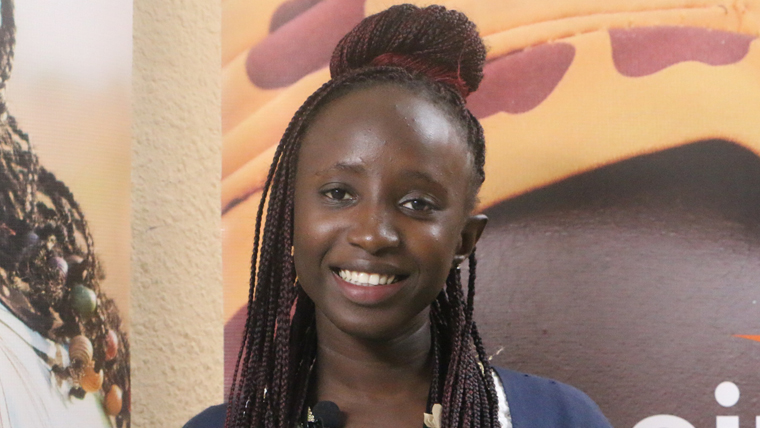
My involvement with World Vision’s campaign ‘It Takes a World to end violence against children
The "It Takes a World" could not have come sooner, because I think it is high time to get involved and to really work to end violence against children, especially child marriage. This campaign gives, we the children, and especially Girls the opportunity to SAY NO, denounce and fight against this injustice against us in particular.
My feelings are strong – I am so shocked first of all when I see my friends and comrades suffering. And then the rebel rises in me and I know I want to stand up and fight for their right to not be married until they wish.
As a peer educator and a young leader, this campaign allowed me, as well as having some help from our local along child protection committee, to educate my classmates, parents and our local authorities about the horrors and harmful consequences of child marriage. And today, since the beginning of the campaign, we have been able to stop more than 10 child marriages in my community in meeting with local authorities and explaining to them the nature, risks and consequences of child marriage. And with the support of child protection committees, parents and children have also understood that there is a way to report child marriage in the community. I am proud of this work but there is so much more to be done. I was lucky enough to represent my fellow girls, classmates, community members and country when I went to Brussels earlier this year to speak about my involvement in the campaign to end violence against children.
When I spoke at the press conference, I was able to give facts, statistics and examples of what happens in my community – every day and to be the voice of those who are suffering at home. On my return to Mabo I went directly to the local authorities and shared the report of my work and I also did an interview with a local TV station to help raise awareness about the campaign. We launched a roadshow and visited 15 villages with the campaign message. And the results are starting to come in even more. Both parents and children are reporting more and more cases, giving these girls the chance to avoid being married off.
Remembering a particular case
Child marriage is WRONG and is one of the most common forms of violence in our kind of country. In Senegal, every year, thousands of children (especially girls) are married off before the age of 15 against their will – they do not want to be married. They are abused, they fall pregnant and leave school. None of which they wanted… I remember one girl in particular She was in my community, 13 years old and in 4th class. During one of the awareness building campaigns she made a plea for putting an end to child marriage – while at the same time her father was arranging her marriage. She died 3 months later following an abortion of a three month pregnancy.
So when I see this, I stand up and gather together with my fellow children and young people and ask the decision makers to put sanctions in place for those who commit violence against children and also to put in place a legal framework where children can be heard and express their wish and demand that their rights be respected.
Also we need to do more about gender equality by promoting the participation of girls in the campaign against violence by establishing gender equality and denying freedom of expression. Why? Because it is time to give girls the courage to break the chains of violence and to work for our future.
What do I hope for most?
My biggest dream is a world without violence against children and most of all, no child marriage. That is why I really want to continue my studies in Law, to become a great and effective law maker here in Senegal. I want to continue the fight to end violence against children and for the next few years use my voice as a live support to World Vision in achieving their objectives.
It is good to talk, to plan to discuss and to make lists of things to do but NOW we need to ACT and create the movement to end violence against children
